Manuka honey can help tackle oral infections and tooth decay, according to an American online magazine.
Healthline reports that the famed honey, which is produced from the nectar of the manuka tree in New Zealand and parts of Australia, is “effective at inhibiting the growth of harmful oral bacteria.”
Healthline journalists Kaitlyn Berkheiser and Alyssa Northrop explain: “Studies have shown Manuka honey attacks harmful oral bacteria associated with plaque formation, gum inflammation, and tooth decay.”
They emphasise: “Unlike refined sugar, it has not been shown to cause tooth decay.”
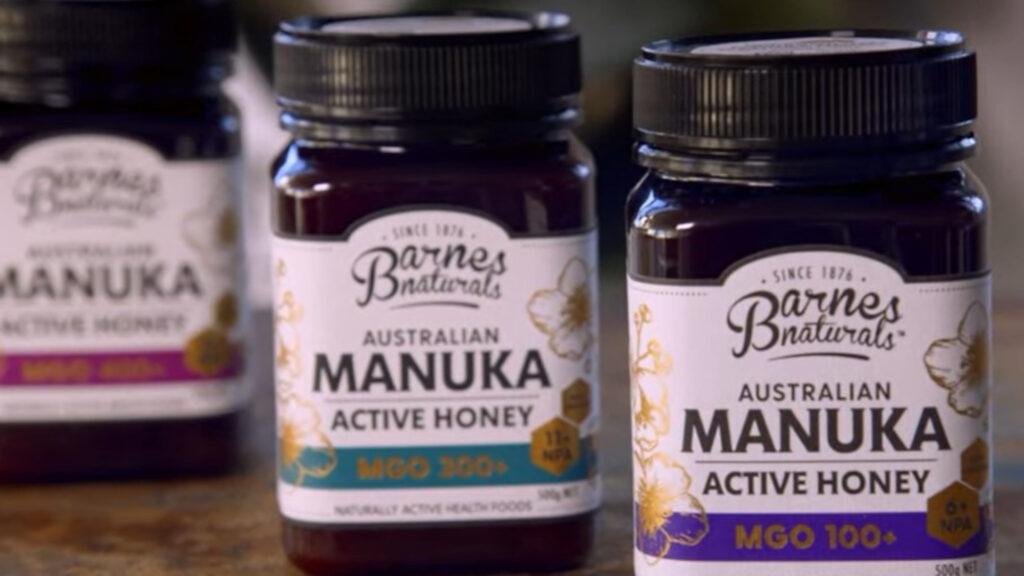
Compared to other types of honey, the rare Manuka honey is extraordinarily expensive.
Any pure honey has antioxidant and anti-inflammatory benefits. But, according to Healthline, manuka honey additionally consists of methylglyoxal, an organic compound which is capable of fighting germs.
Manuka and other kinds of honey are an option for some when it comes to issues such as treating wounds and tackling upper respiratory tract infections.
Children aged 12 months and younger and anyone struggling with high blood sugar must not consume honey.
As far as manuka honey is concerned, Healthline concludes: “More research, especially in humans, is needed to understand manuka honey’s beneficial properties fully.
“But manuka honey is a generally safe treatment strategy that may speed healing when used along with more conventional therapies.”

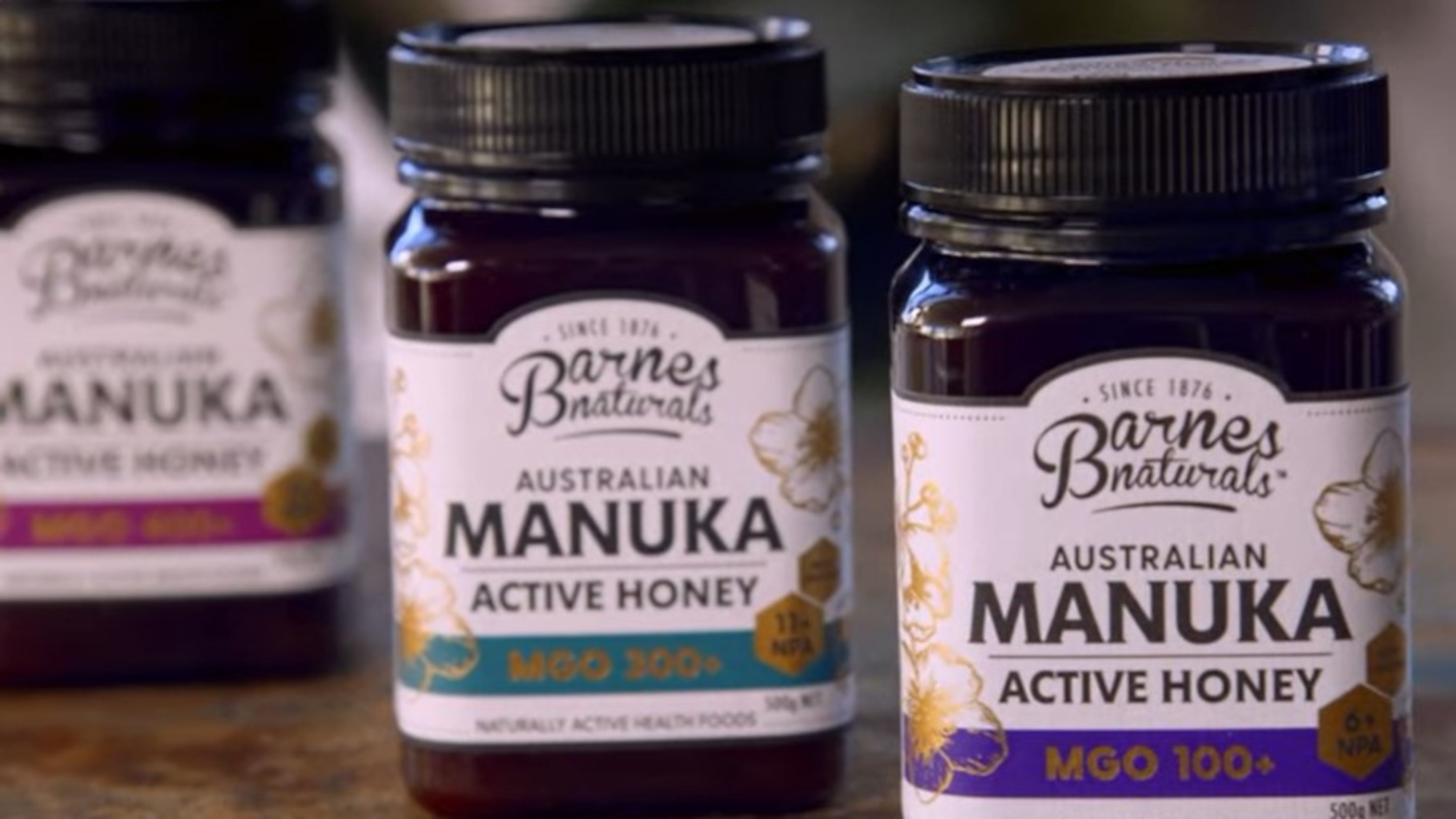

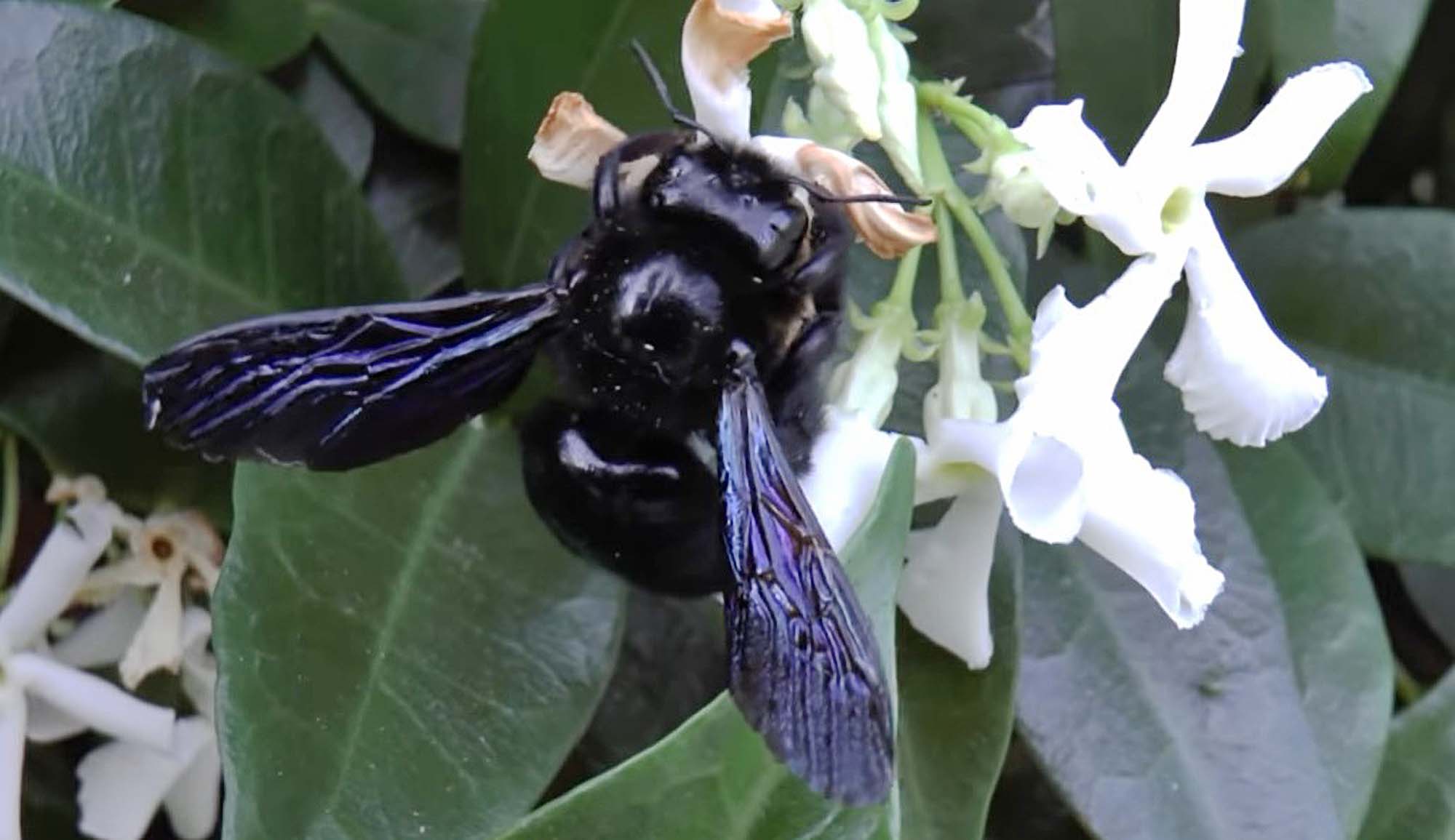





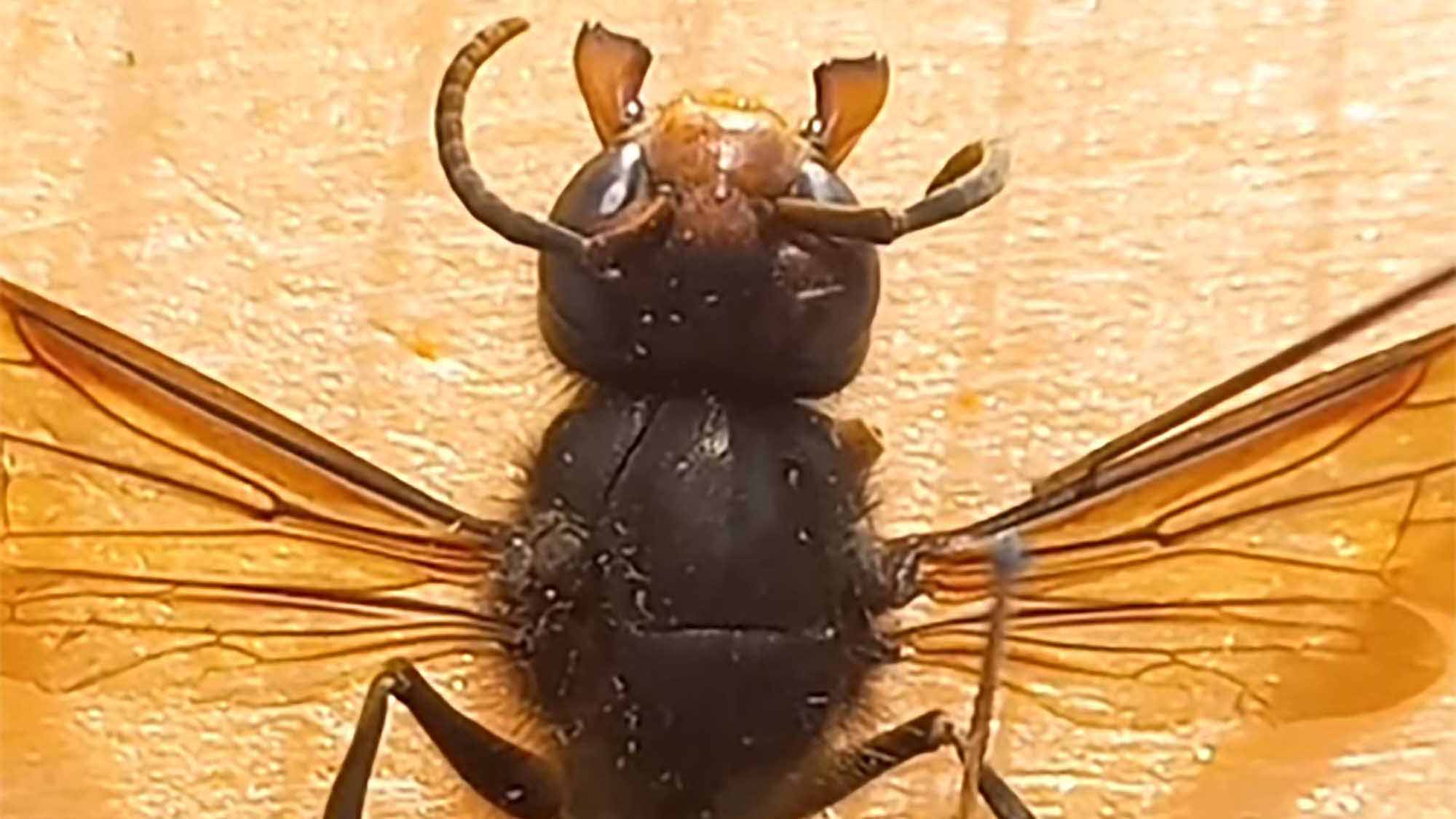

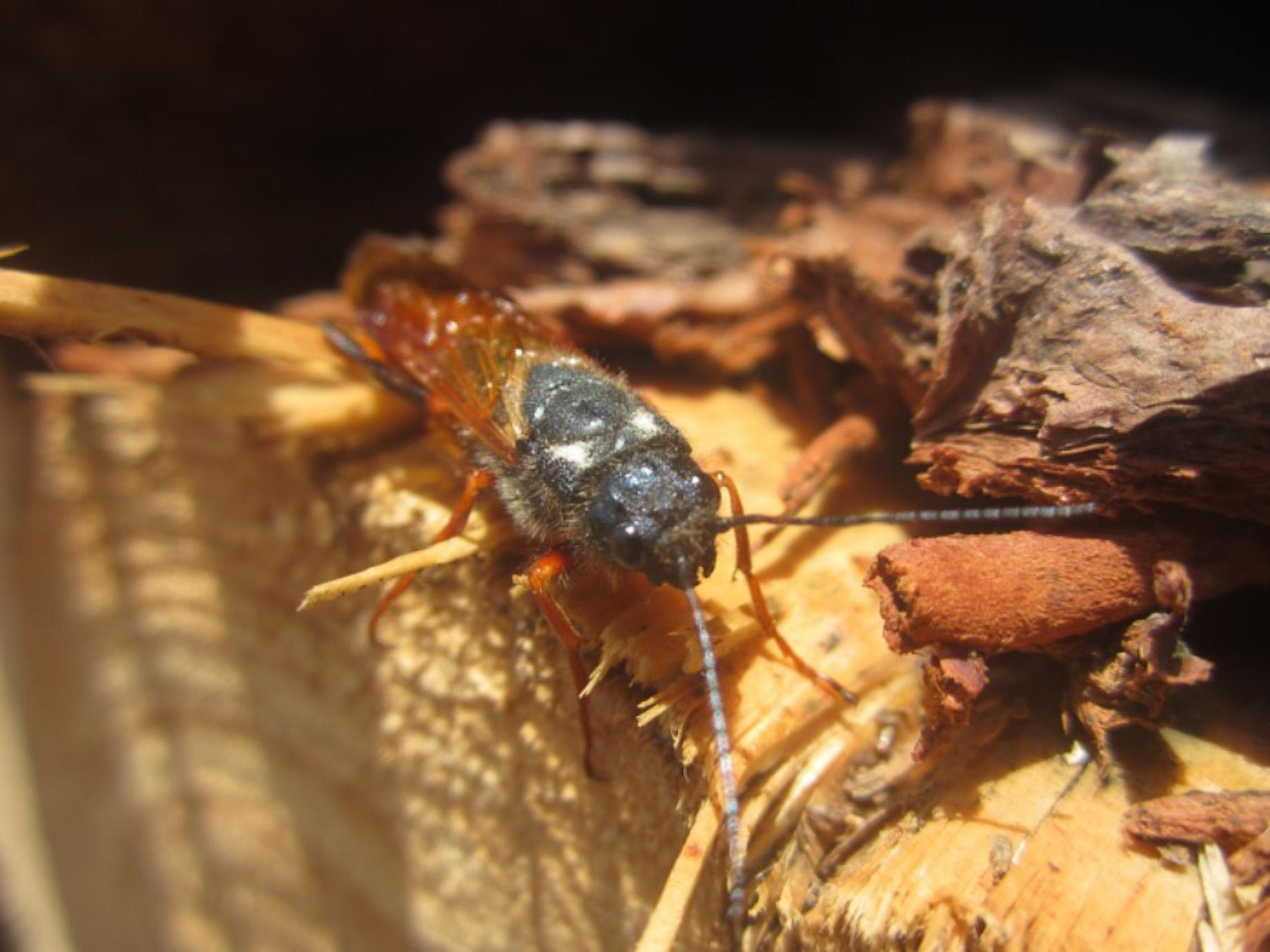
Do you sell your honey to the public?
Hi Angela, we are a news community without any commercial activity.
Best wishes from the Bee News office!